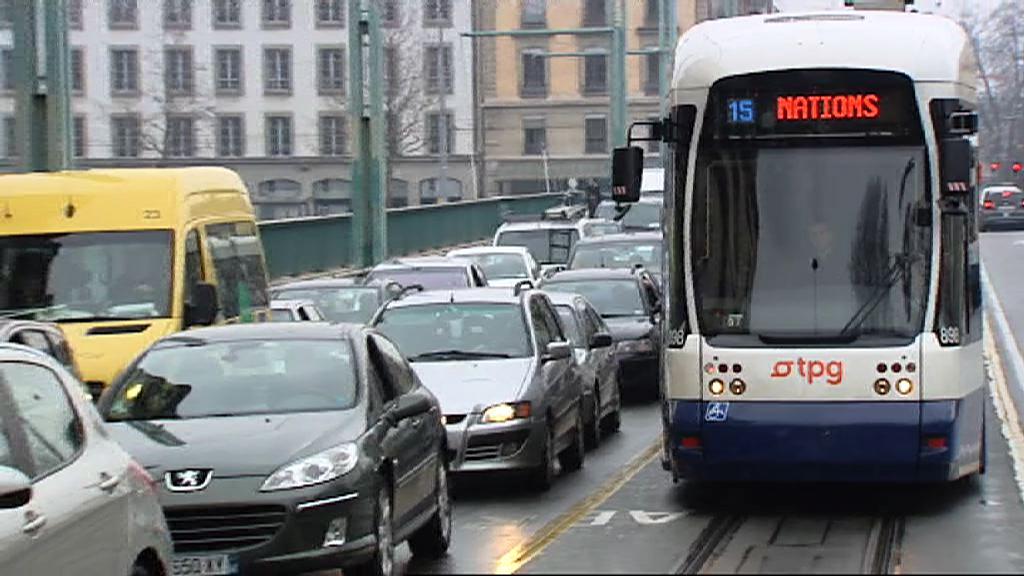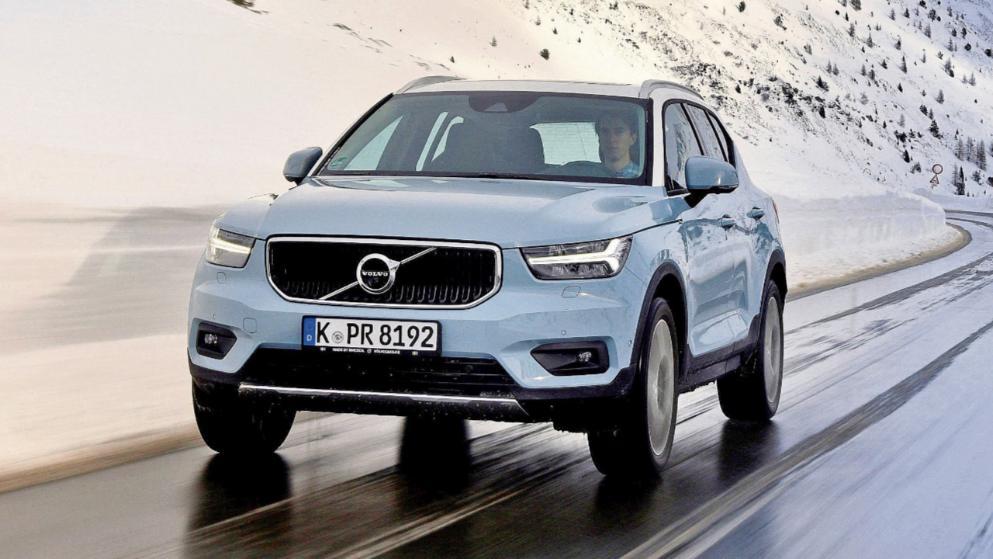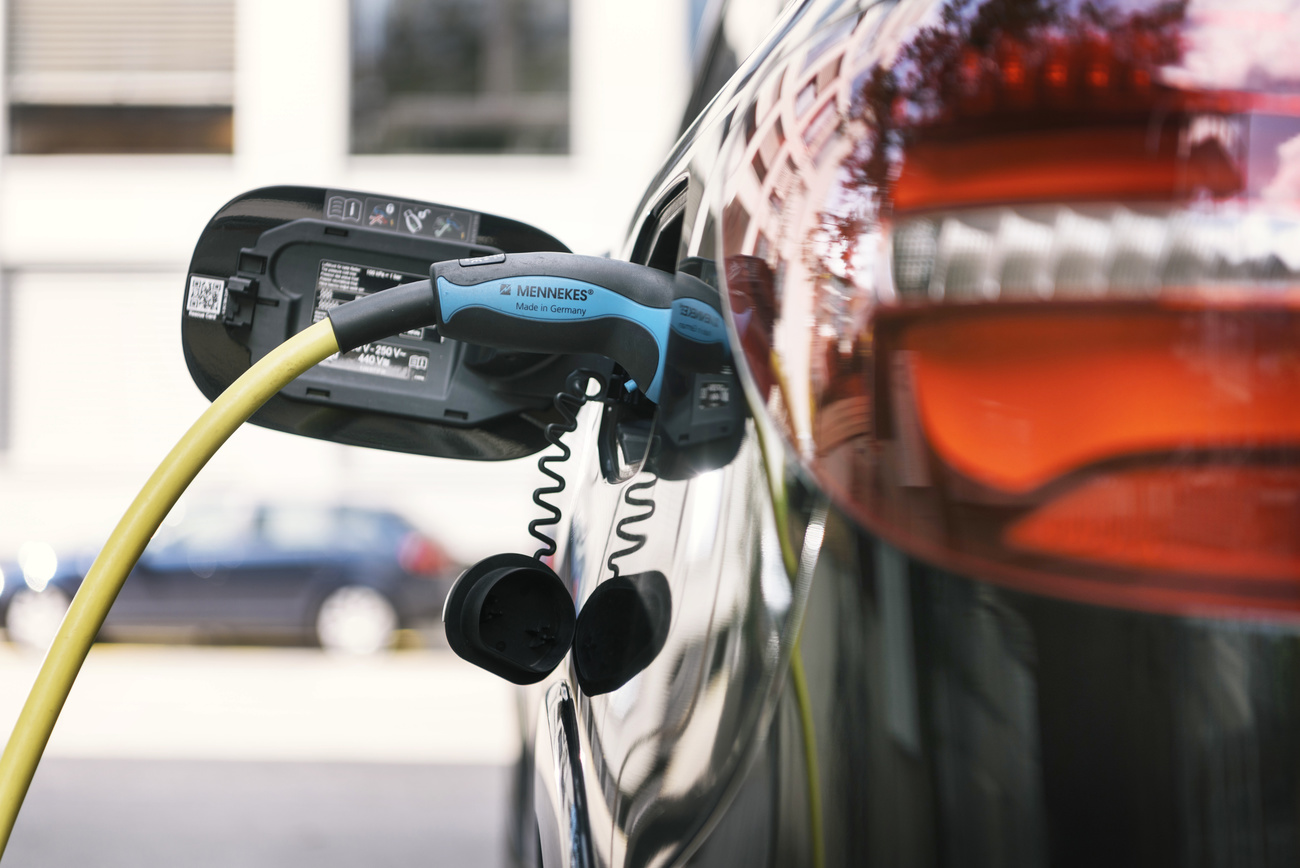
Driving in Switzerland

Despite having a superb public transport system, Switzerland has developed a comprehensive road network that ranks among the safest in Europe.
Nearly 80% of Swiss households own at least one car and about two-thirds of all trips are made by private vehicle. However, many people like to combine the use of the car with the use of public transport, cycling or walking.
Car-pooling and car-sharing have increased in recent years, as has the use of electric bicycles.

More
Getting around Switzerland
Getting a driving licence
Young people are allowed to drive with a provisional licence from the age of 17. This lets them practise with an accompanying driver. They must first complete a first-aid course and pass a theory test.
Once they turn 18, they can sign up for the practical driving test, in order to obtain their full licence. They must first attend a road traffic awareness course. It is difficult to pass the test without having taken driving lessons with a professional instructor beforehand.
Newly qualified drivers are subject to a three-year probationary period. This can be extended for a further year if the new driver commits a traffic offence.
Foreign driving licence
Foreigners coming to Switzerland can use their national driving licence from home for the first 12 months of their stay. But they must exchange it for a Swiss one before the 12 months are up.
This is largely an administrative matter for EU/EFTA nationals, as well as those from numerous other countries, including Australia, Canada, Israel, New Zealand, Singapore and the United States. Nationals of some other countries must take a theory test, a road test or both to obtain a Swiss licence. Some cantons require drivers to have a vision test.

More
Swiss drive demand for big and powerful cars
Drivers who live abroad need an international driving licence to drive in Switzerland only if their national licence does not state the authorised vehicle categories in Latin characters.
Traffic rules
In Switzerland, traffic drives on the right-hand side of the road. Everyone in the vehicle must wear a seatbelt, and the headlights must be on even during the day. Children under the age of 12 must be correctly secured in a seat designed for their age group (infant car seat, child seat, booster seat, etc.) if they are under 150 cm tall.
The maximum tolerated blood alcohol level while driving is 0.25 mg/l or 0.5‰. This limit goes down to 0.10‰ for professional drivers, learner or new drivers, and driving instructors.

More
Electric cars are on the way, but is Switzerland ready?
In general, the maximum speed limit in Switzerland is 120 kilometres per hour (74 miles per hour) on motorways, 100 km/h on expressways, 80 km/h on main roads and minor roads outside built-up areas, and 50 km/h in built-up areas. To drive on Swiss motorways, the vehicle must display a motorway vignette stickerExternal link for the current year.
Drivers who break the traffic rules can receive a warning, a fine or even a criminal conviction, and/or lose their licence, depending on the gravity of the offence.
Importing cars
Anyone moving to Switzerland can import their vehicle from abroad. They must declare it at the border and register it within 12 months at the canton’s road traffic office.
In order to be registered in Switzerland, the car must pass a technical inspection, be insured and have all the necessary documents (e.g. foreign vehicle registration, anti-pollution booklet and confirmation of customs clearance). The owner of the vehicle must also take out third-party insurance.
For more information on driving in Switzerland, see:
– Official Swiss Confederation site ch.ch External link;
– Swiss Council for Accident Prevention (BPA);External link
– Number and type of vehicles in Switzerland (Federal Statistical Office);External link

In compliance with the JTI standards
More: SWI swissinfo.ch certified by the Journalism Trust Initiative































You can find an overview of ongoing debates with our journalists here . Please join us!
If you want to start a conversation about a topic raised in this article or want to report factual errors, email us at english@swissinfo.ch.